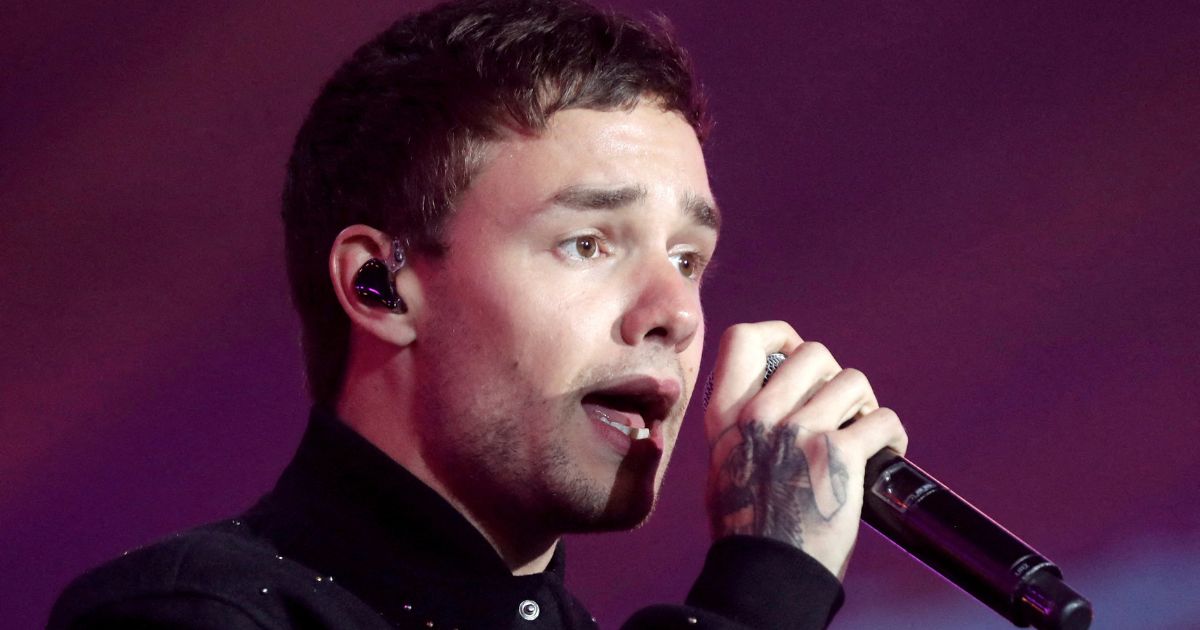There’s no denying the nutritional and cultural importance of the egg. In Western culture, they are a quintessential part of culinary and seasonal traditions—what would breakfast or Easter be without the egg? Of course, eggs are an ancient food. They have been a valuable resource since prehistoric times, when early people domesticated birds in order to always have food.
But the humble egg is not just important for its nutritional benefits—it’s symbolic as well. Just consider how the rising cost of eggs has been a topic of debate amidst the American public for the better part of a year—and, really, over the course of political history. The symbolism of eggs The egg has long been known as a symbol of rebirth.

In cultures all over the world, the egg has been used to mark the return to life and is frequently found engraved on tombs. In pre-Christian times, the egg was used in spring rituals to celebrate the fertility of the earth. In ancient Egypt, eggs were decorated and given as gifts to the deities.
In Christianity, the egg represents resurrection. And, in modern cosmology, the egg is associated with the cosmic creation myth. Of course, science and biology are integral in this symbolism: The female reproductive cell is an egg, after all.
Apart from mythology and religion, eggs are a part of the natural synthesis of life, representing health, domesticity, fertility , and even wealth. The nutritional benefits of eggs Eggs are the least expensive and most readily available source of protein in the world. While both the United States and Europe consume plenty of eggs, Asia actually consumes the most.
In Hong Kong alone, 57 pounds of eggs are consumed annually per person, according to World Population Review . Eggs are considered a complete protein food. In fact, they contain all nine types of amino acids that can be obtained through food.
This is important because protein—which is essential for the body—is made up of various combinations of 20 amino acids, and the body can only synthesize 11 of them itself. The other nine must come from the diet. For many nutritionists , eggs are therefore a golden food, and they are usually more affordable than many lean meats and fresh fish.
In addition, eggs are versatile, transportable (if hard-boiled), and easy to cook . A single egg contains more than six grams of protein, which is considered high—especially for the amount of calories, which is around 70 calories total. Furthermore, eggs also contain both protein and fat, which increases a sense of satiety or feelings of “fullness.
” Eggs contain choline, which supports brain development and function, especially in pregnancy and childhood. Eggs also contain lutein and zeaxanthin, two antioxidants that concentrate in the retina and can help prevent problems such as macular degeneration and cataracts. Eggs in art and film Perhaps because of the integral part eggs play in our imaginations and on our tables, they are often a favorite subject of artists and creatives.
Sometimes, they are used to communicate the experience of femininity—from abortion to a life that could have been to the breaking of something. Furthermore, there is often an undercurrent of mysticism surrounding the egg, with birth and death at the center—a dualism as true as it is sometimes disturbing. The surrealist artist Salvador Dalí was obsessed with eggs.
He considered them a mark of the tension between strength and fragility, and symbolic of the creative spark or the gestation of an idea. For him, they were emblematic of the transition between the inner and outer worlds. At the Dali Theatre-Museum in Figueres, Spain, where the artist is buried, dozens of large white eggs are perched on the roof to represent the creative mind.
“I’m frightened of eggs—worse than frightened, they revolt me,” said the iconic filmmaker Alfred Hitchcock , whose ovaphobia was well-known. “That white round thing without any holes..
. have you ever seen anything more revolting than an egg yolk breaking and spilling its yellow liquid?” Perhaps this explains some of the reasoning between his choice of subject in his seminal 1963 film The Birds . Eggs are featured prominently in more recent films as well.
In Olivia Wilde’s 2022 film Don’t Worry Darling , the protagonist Alice (Florence Pugh), prepares the same breakfast every morning for her husband Jack ( Harry Styles ). One morning, the egg she cracks is empty, portending the hollowness of her own existence. In The Hours (2002)—another psychological drama that touches on the stereotypical notion of women’s emotional fragility with particular emphasis on domestic roles—there are several scenes in which the character Clarissa (Meryl Streep) cooks.
One is particularly striking: Moments after breaking eggs into a cake batter, Clarissa has a mental breakdown. The pressures of motherhood and domestic life have finally cracked her exterior, revealing the raw vulnerability hidden inside..
Entertainment

Eggs Are Not Just Nutritious, They’re Symbolic

There’s no denying the nutritional and symbolic power of the egg. In Western culture, they are a quintessential part of culinary and seasonal traditions.















